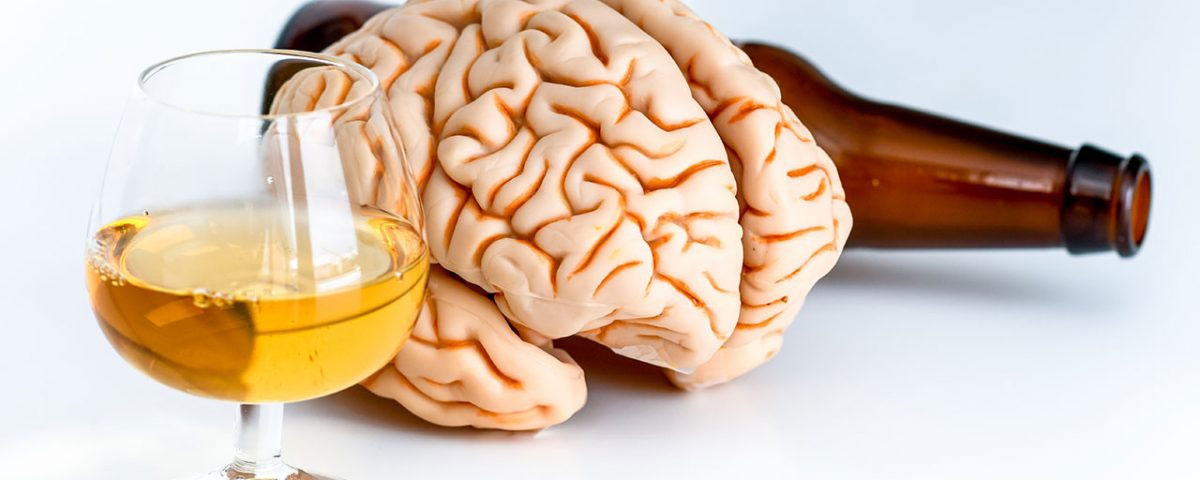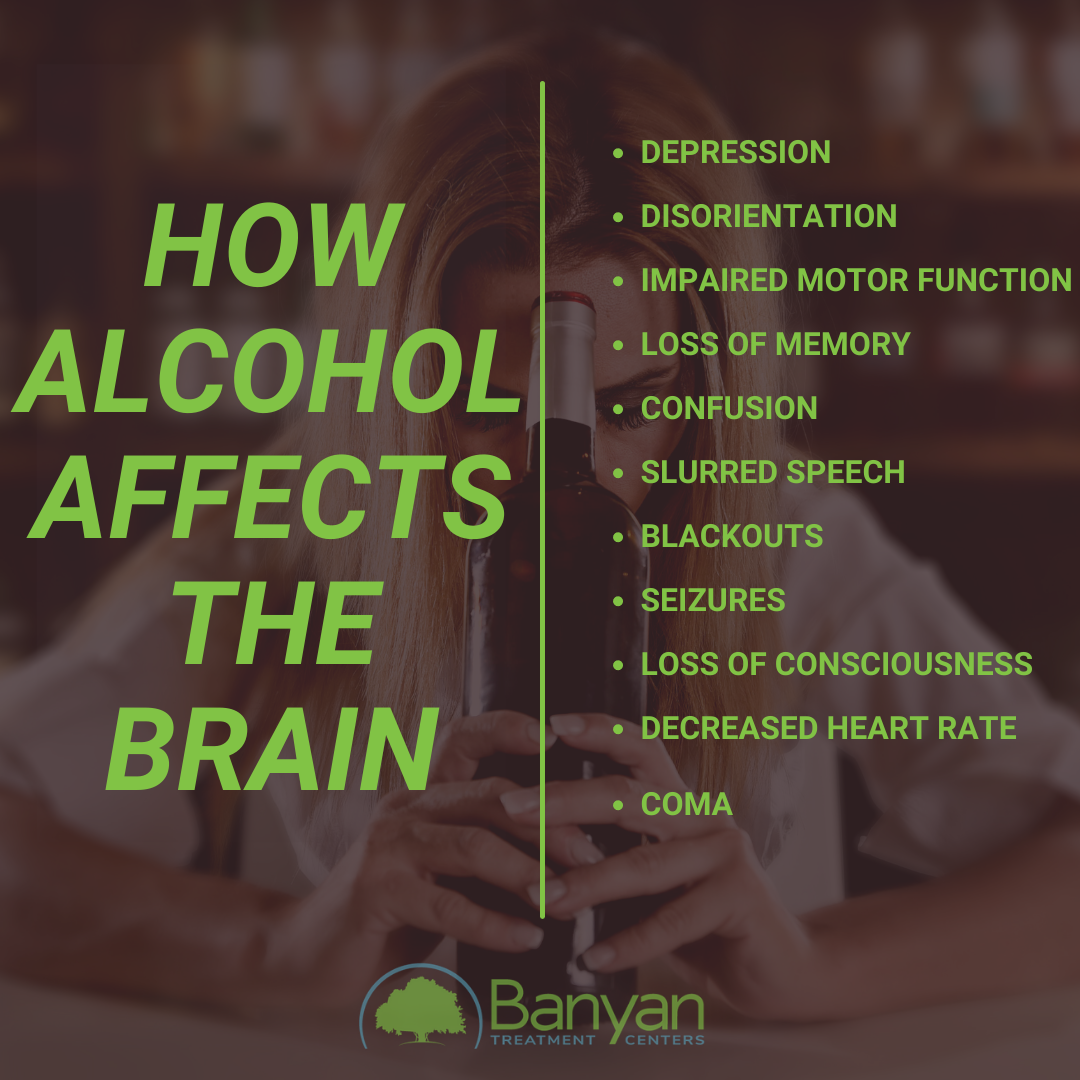Many people indulge in alcohol occasionally. Unfortunately for some, that occasional glass of wine can quickly turn into a whole bottle in one sitting.
The clearest sign that someone needs alcohol addiction treatment is when they’re unable to carry out their responsibilities or enjoy anything without alcohol. These individuals may also constantly worry about when they’ll have their next drink and where they’ll get it from. Without professional help, long-term use of alcohol can impact the brain and cause a multitude of problems.
At Banyan Treatment Centers Texas, we understand how quickly an alcohol addiction can develop. Moderate drinking can quickly become a problem and negatively impact your health and relationships with others. That’s why our team wants to share what they know about how alcohol affects the brain and body.
What Are the Effects of Alcohol on The Brain?
Alcohol is absorbed fairly quickly through the stomach lining, where it then travels into your bloodstream, quickly spreading throughout your body. How alcohol affects the brain depends on how quickly it’s absorbed. Absorption then depends on a variety of factors, like whether the person drank on an empty stomach. This is when absorption is quickest, especially with drinks that have an alcohol concentration of 20 to 30 percent.
Alcohol affects various parts of your body. One of the effects alcohol has on the brain is the activation of the reward system. Because alcohol is a sedative, it triggers the release of neurotransmitters called dopamine and serotonin, producing feelings of euphoria, pleasure, and relaxation. These symptoms are what usually attract drinkers the most. The release of these hormones is also why people who are drunk display disinhibited behaviors or begin to say and do things they wouldn’t normally do.
Alcohol also prevents the brain from communicating with the rest of the body and within itself. Messages sent and received by the brain are blocked when too much alcohol is consumed, causing numerous problems.
The negative effects of alcohol on the brain may include:
- Euphoria
- Depression
- Disorientation
- Impaired motor coordination
- Loss of memory
- Confusion
- Slurred speech
- Blackouts
- Seizure
- Loss of consciousness
- Decreased heart rate
- Coma
The higher the person’s blood alcohol concentration (BAC), the worse their symptoms are. Without an alcohol detox or professional substance abuse treatment, alcohol addiction can cause health problems like permanent cognitive impairment and liver disease.
Getting into treatment is easy with our free insurance verification
"*" indicates required fields
If you or a loved one has developed a drinking problem, don’t wait to get help. Call Banyan Texas today at 888-280-4763 for more information about our drug and alcohol treatment center to find out how you can achieve your sobriety goals.
Sources :
- 1.NCBI – Alcohol in the body










